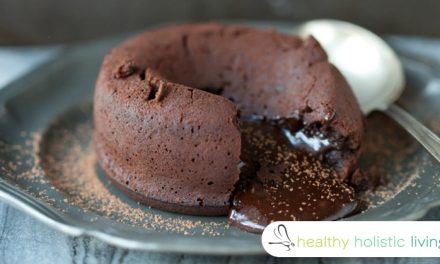Rosemary is an amazing multi-purpose herb. Its leaves have been used in traditional medicine for centuries. Rosemary has been known for improving memory. In ancient Greece, the students would often put rosemary sprigs in their hair when studying for exams. You can also find the reference to rosemary in Hamlet when Ophelia declares: ‘There’s rosemary, that’s for remembrance: pray, love, remember.’
Studies have found that rosemary contains carnosic acid, which fights off free radical damage to the brain. Rosemary contains natural acids that help in protecting the body`s cells and DNA from free radical damage. The compounds in rosemary herb are said to prevent the breakdown of acetylcholine, which is a chemical that induces the brain cells that are responsible for memory and reasoning to communicate with one another.
In a series of tests rosemary essential oil from the herb increased the chances of remembering to do things in the future, by 60-75 per cent compared with people who had not been exposed to the oil.
A study published in the Therapeutic Advances in Psychopharmacology suggests that the chemical compound 1,8-cineole is responsible for improved memory function. According to the study, subjects inhaled rosemary extract before performing certain tasks while their stress levels, mood, speed and accuracy were tested. The more 1,8-cineole absorbed into the bloodstream, the more positive the results!
Rosemary has been long been linked to memory, with the most famous literary reference found in Hamlet when Ophelia declares: ‘There’s rosemary, that’s for remembrance: pray, love, remember.’ It is used in modern-day herbal medicine as a mild painkiller and for migraines and digestive problems.
Check out this article from Health Nut News on the other benefits of Rosemary!
*Article originally appeared on Complete Health and Happiness.












